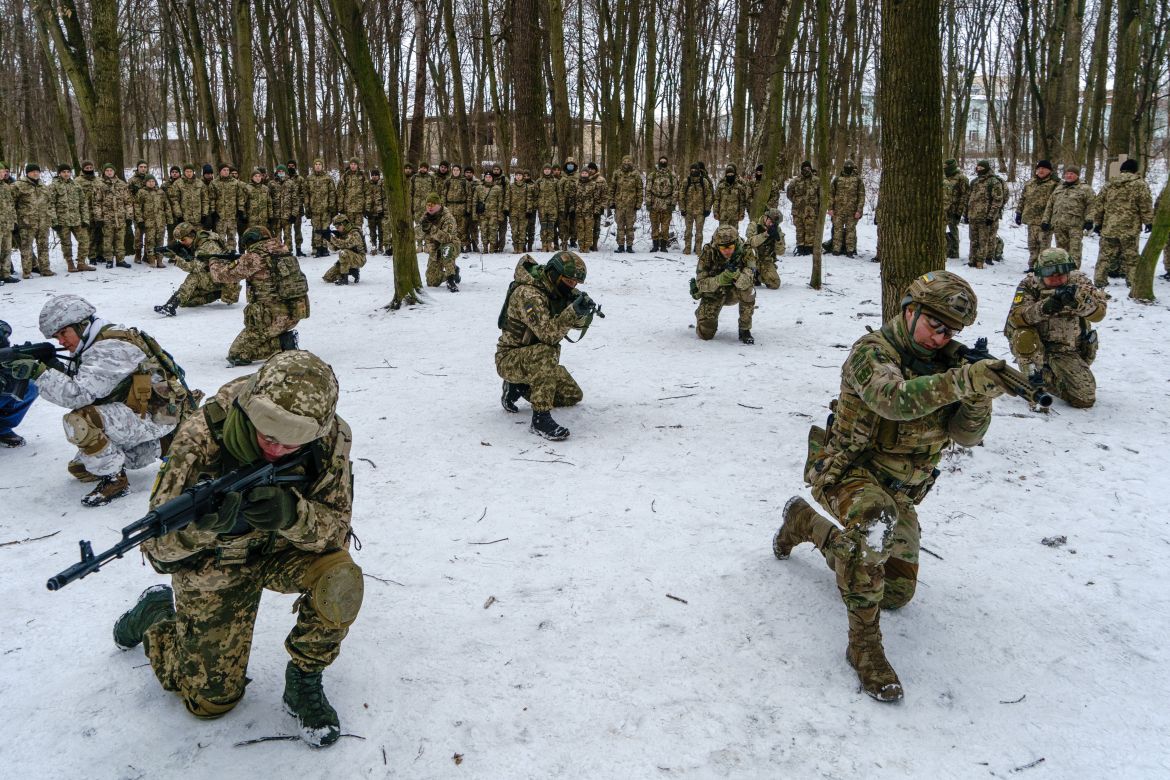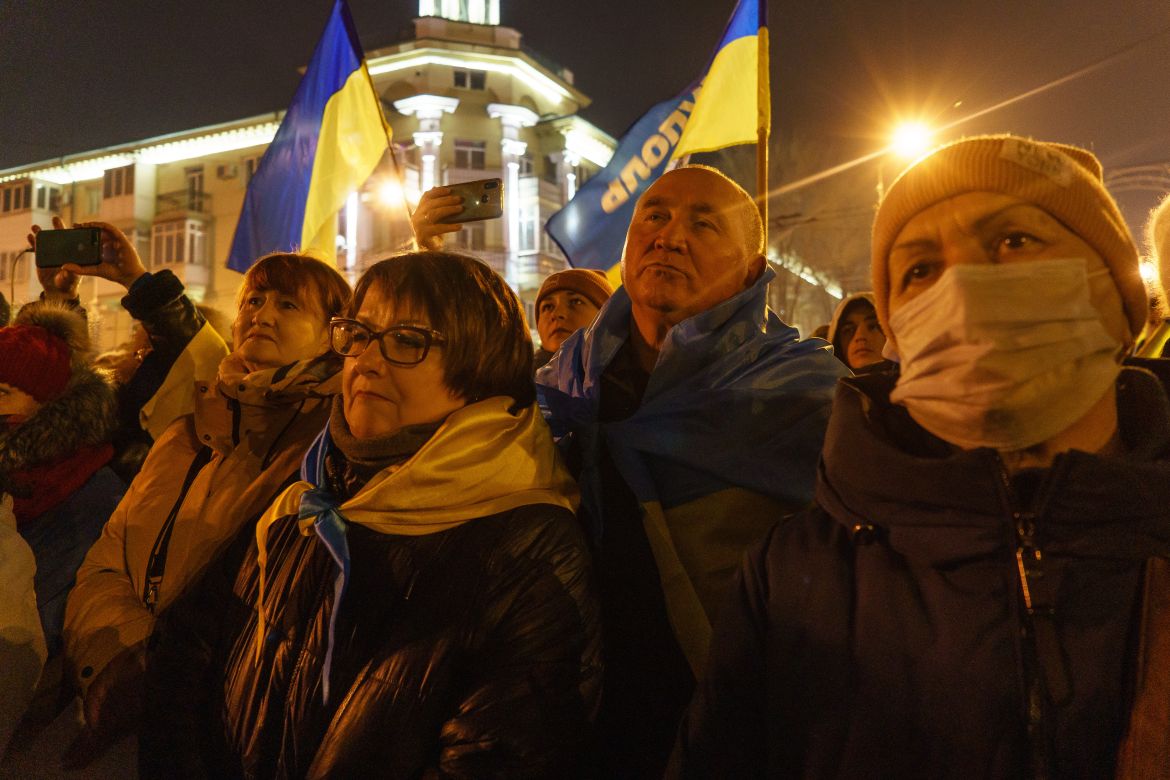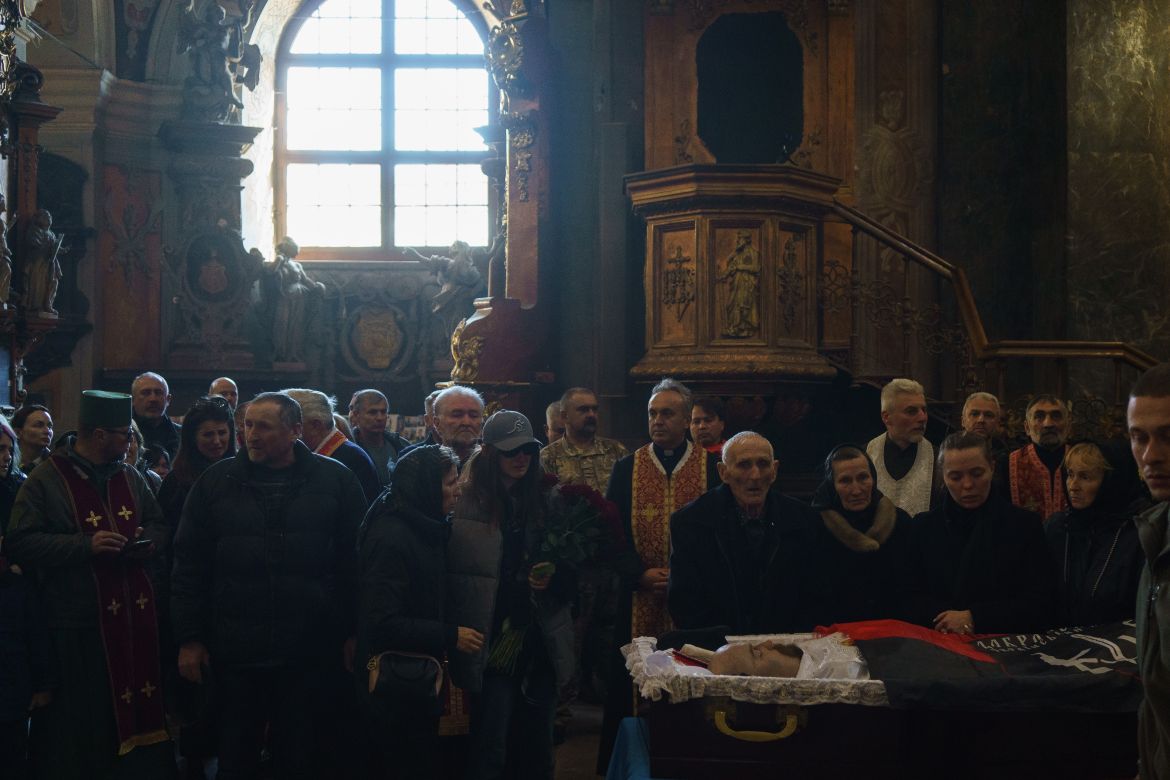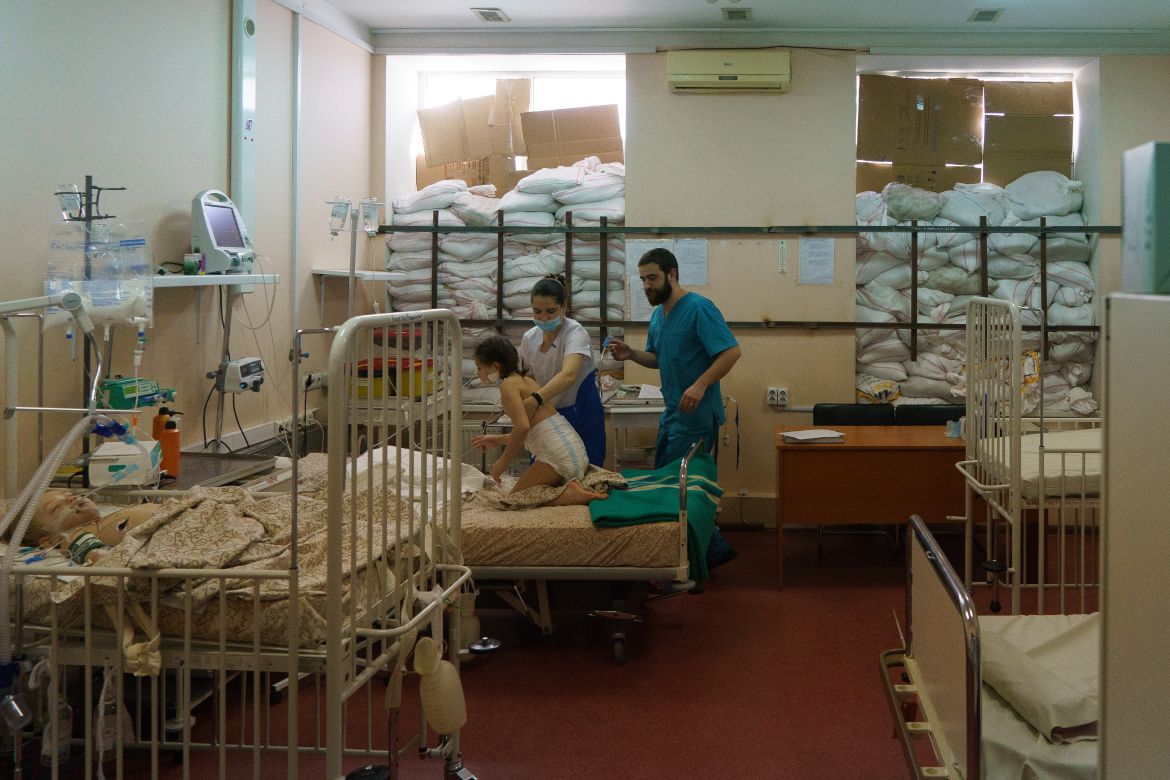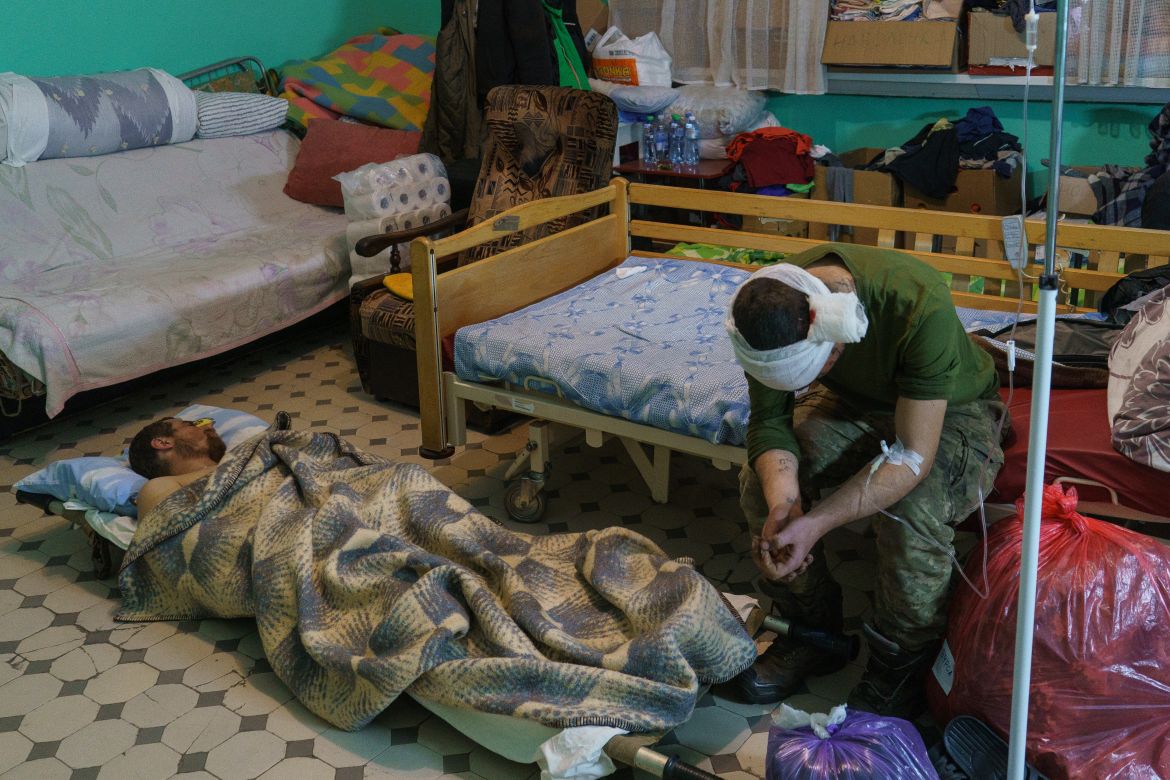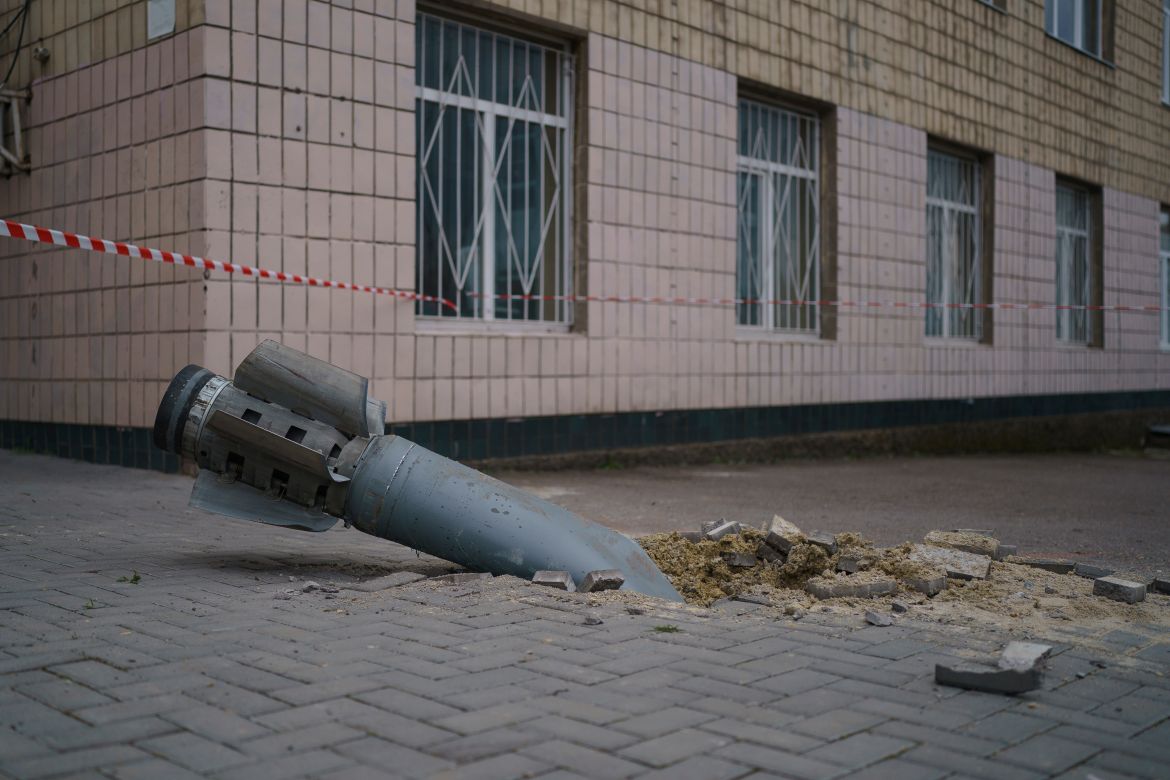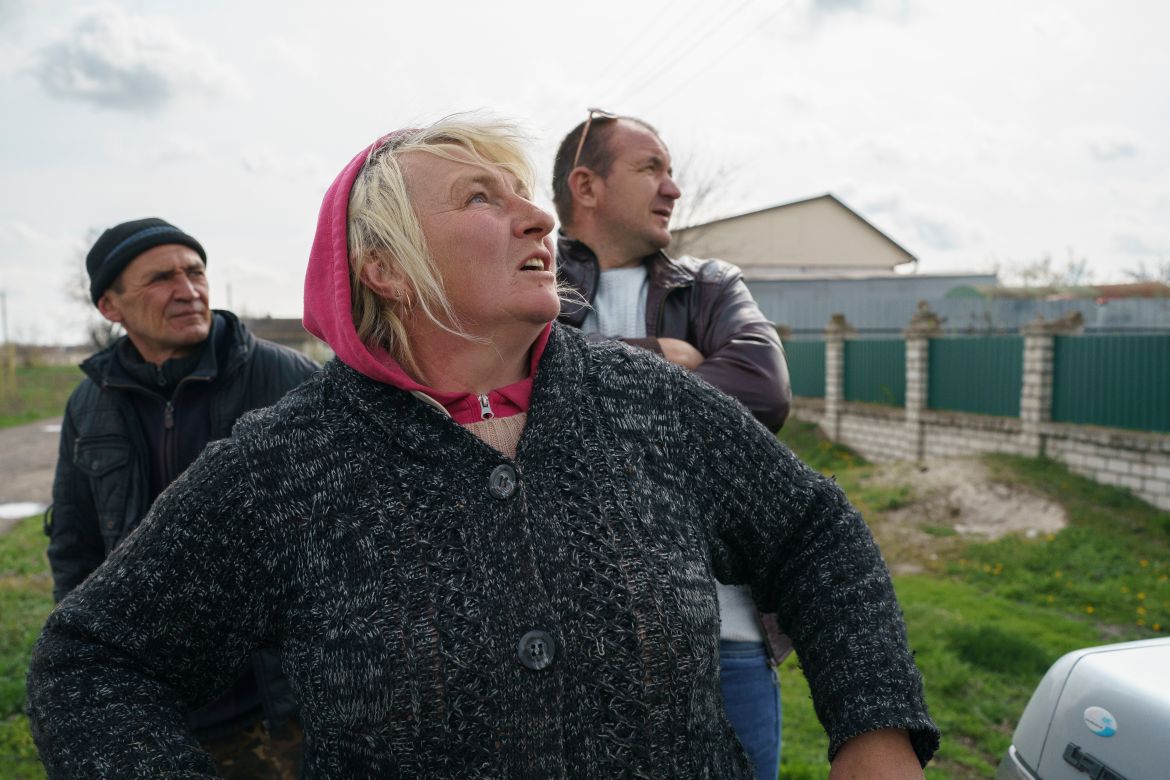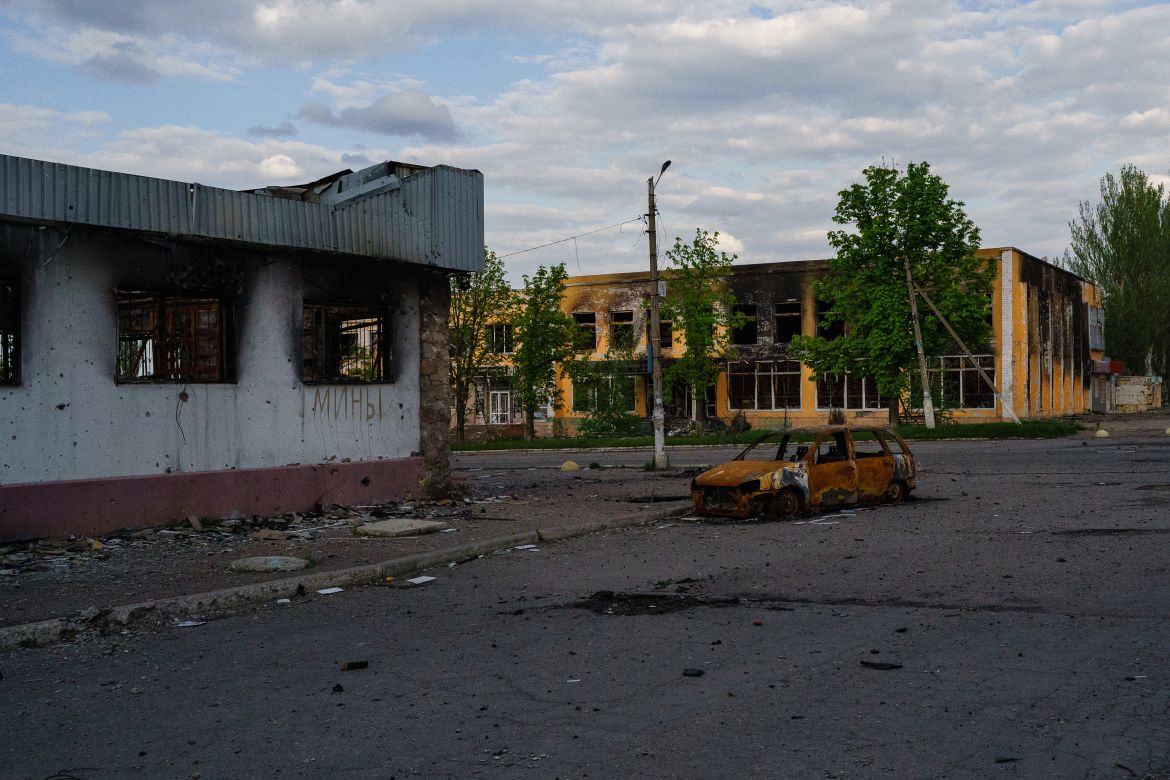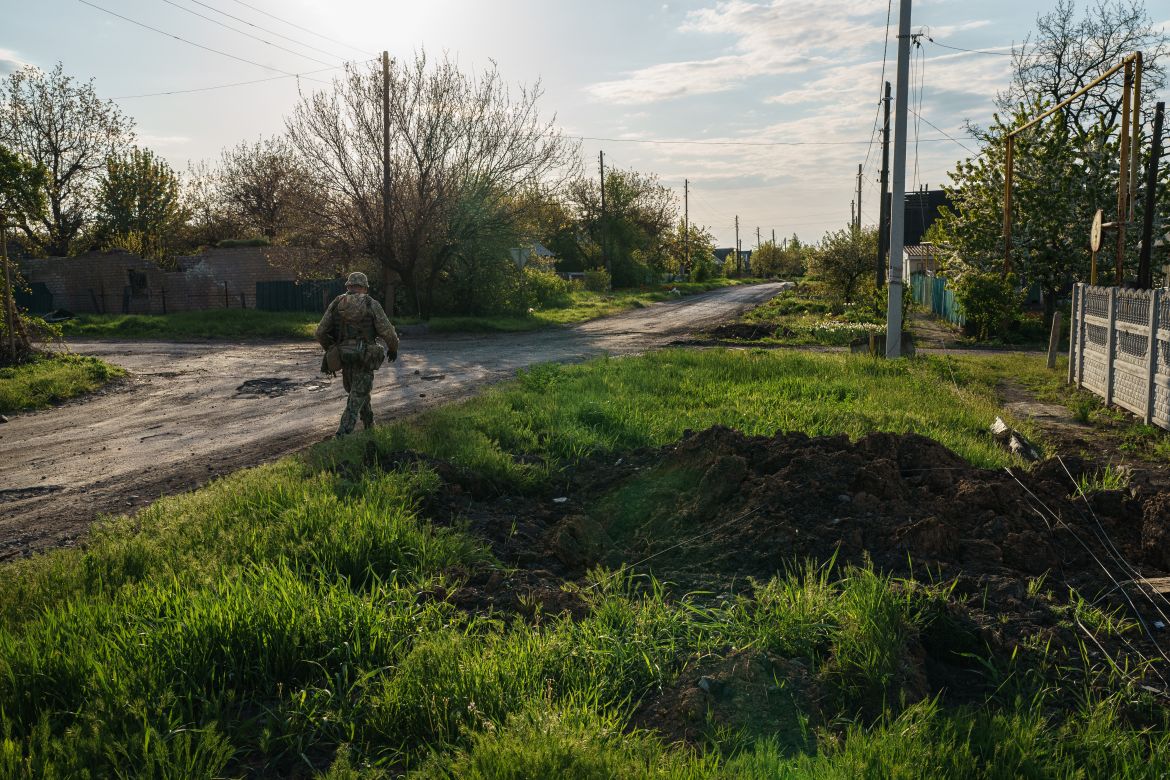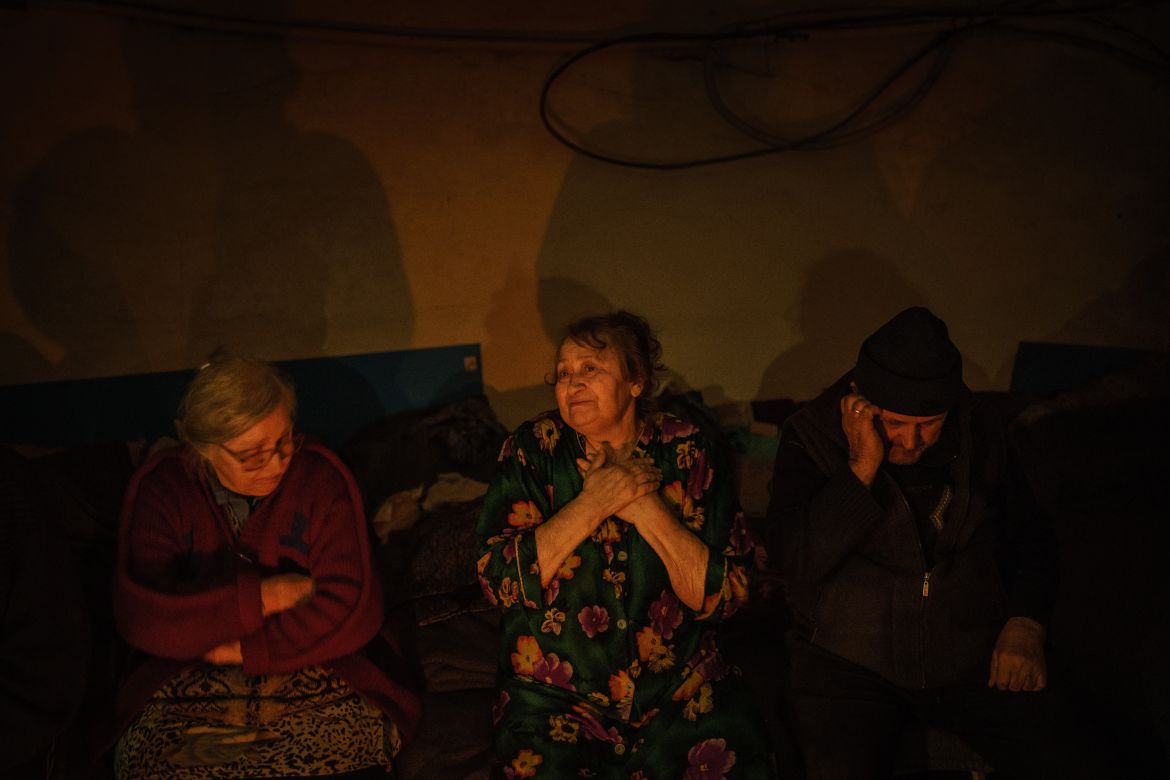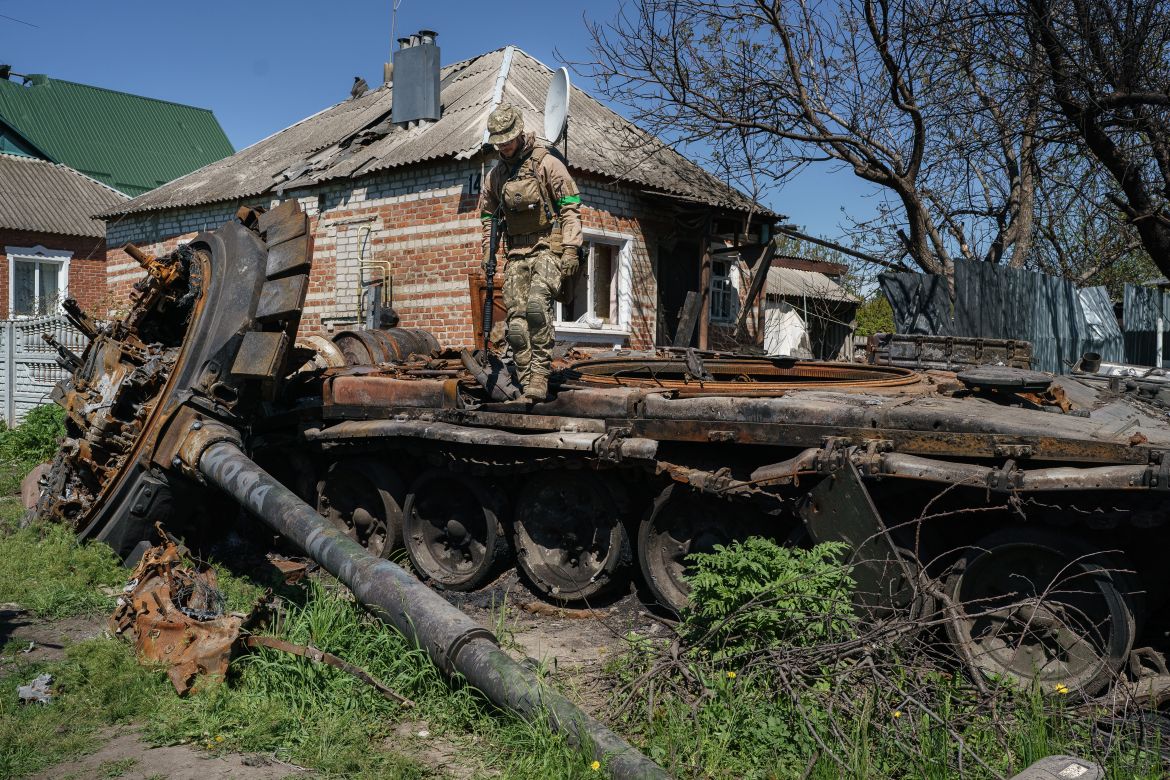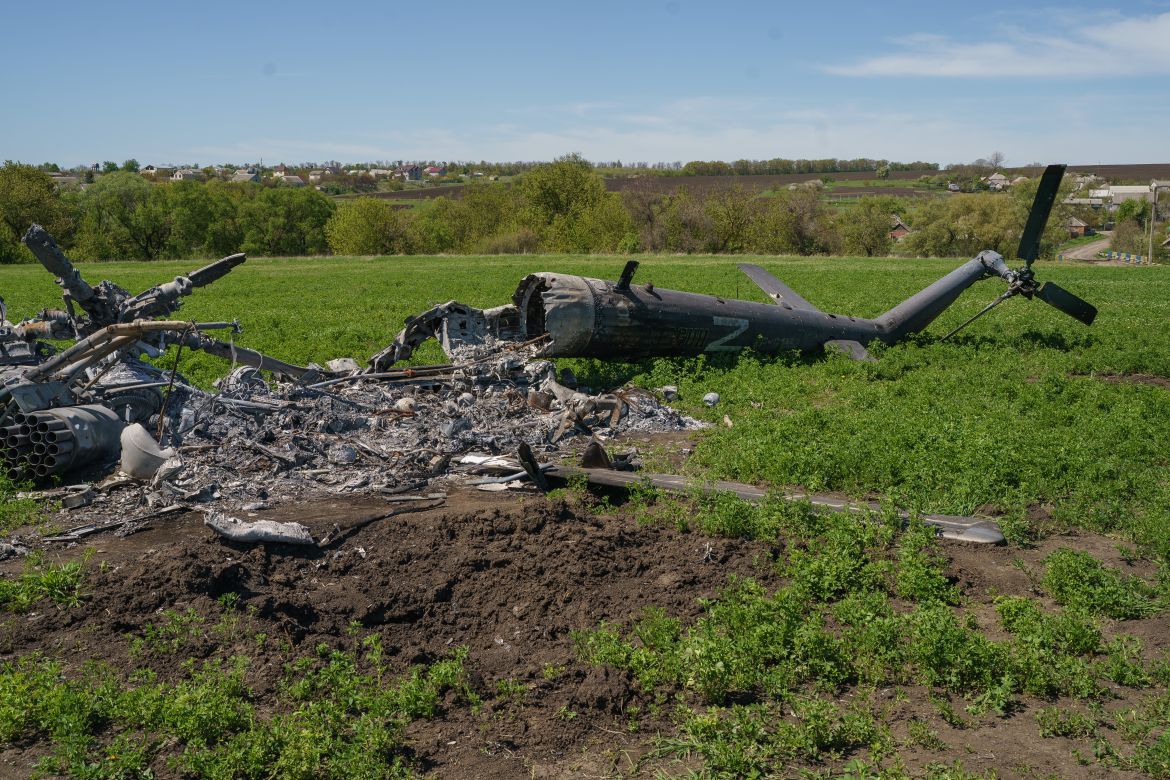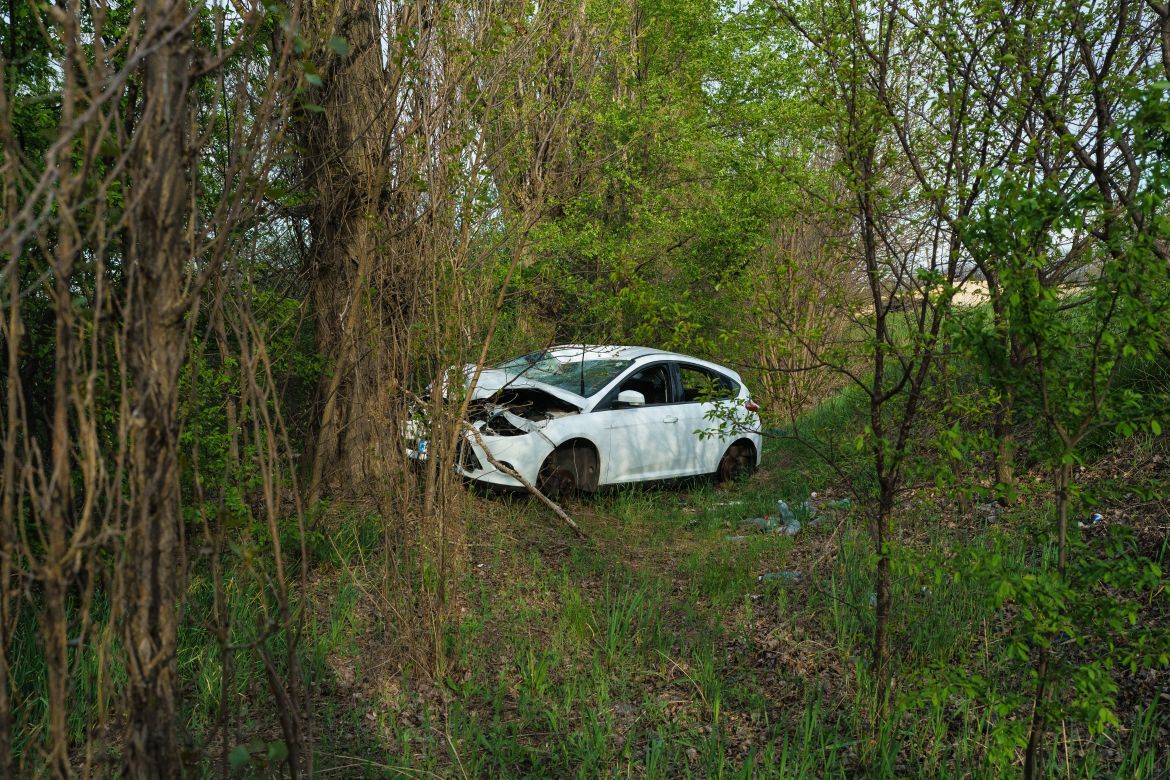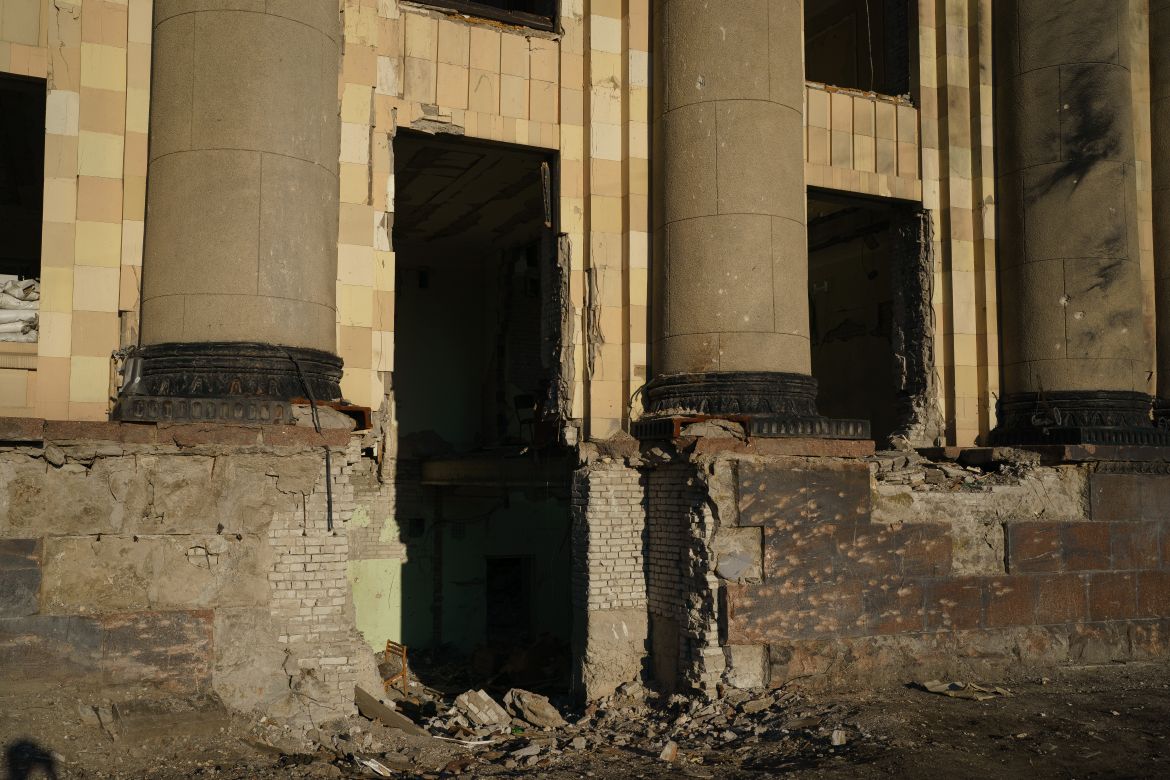In Pictures
Photos: 100 days of the Russia-Ukraine war
Death, destruction and defiance in Ukraine as Russia’s invasion enters its 100th day.
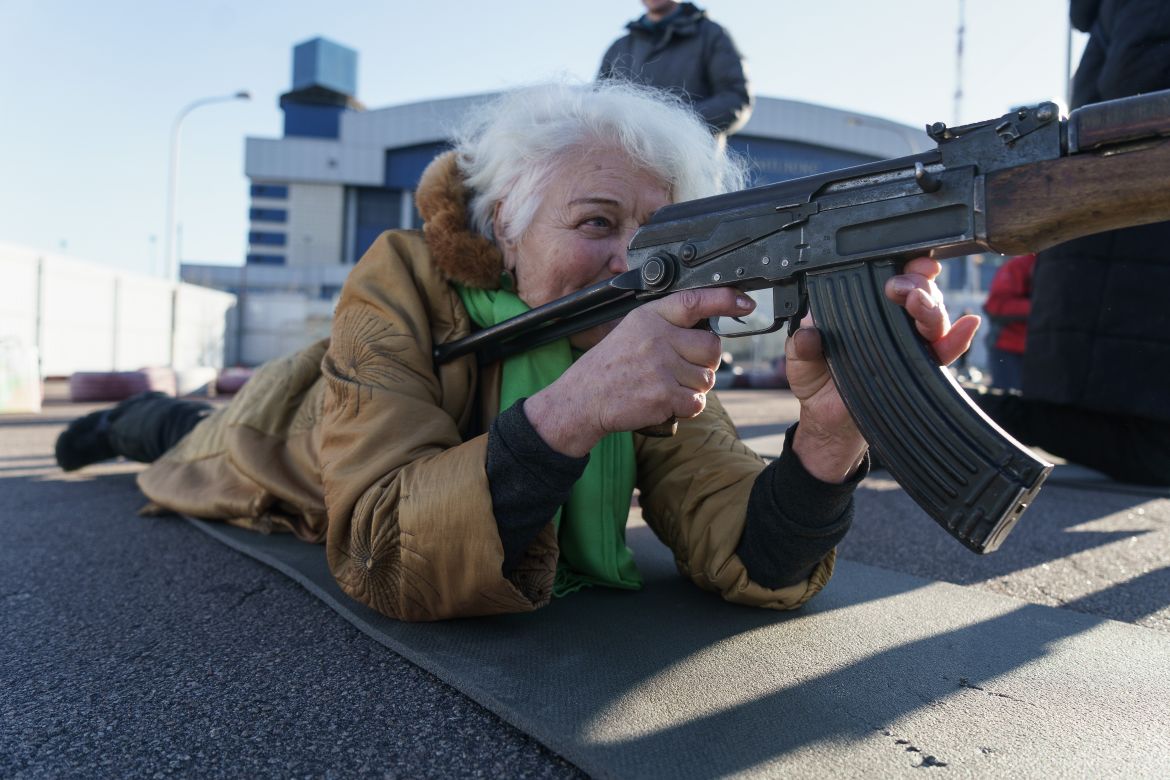
After months of tension, and despite many believing it simply could not happen, Russian troops invaded Ukraine 100 days ago.
The ensuing fighting has caused the biggest movement of people in Europe since World War II; more than 14 million people have been displaced, and 6.9 million Ukrainians have crossed the borders and are living as refugees abroad.
In early January, few people expected a full-scale war – from Territorial Defence volunteers in Kyiv to soldiers on the front line in Donbas and members of Mariupol’s Azov Battalion. Yet almost every conversation contained the same caveat: “With Russia, you can expect anything.”
Just 32 hours before the invasion was launched on February 24, hundreds of people came out in front of Mariupol’s now-infamous theatre to protest against Moscow’s recognition of the breakaway Donbas territories of Donetsk and Luhansk.
“Mariupol is, and always always has been, a city that doesn’t give up,” one protester told Al Jazeera – a sentiment that now seems eerily prescient.
It did not give up. The city’s defenders held out under unimaginable strain as months of horrific siege destroyed much of the city – including the drama theatre – and killed tens of thousands of people, according to Ukrainian government, before Russia finally gained full control of the city on May 21.
It is impossible to overstate how much the lives of the people Al Jazeera met have changed. Some are in Russian captivity – such as British soldiers Aiden Aslin and Sean Pinner and Azov commander Denys Prokopenko – while others have fled and been scattered around the globe, or sadly, never made it out at all.
People who fled Mariupol and other Russian-occupied territories for the relative safety of Dnipro and Zaporizhia have told horrifying tales of survival. In a local children’s hospital, 13-year-old Milena was shot in the neck by Russian troops as she tried to flee the city with her family. Her little body convulsed in pain as medical staff worked to comfort her – one of the many lives changed forever before they barely even began.
According to UNICEF, almost two out of three Ukrainian children have been displaced by fighting, while more than 260 have been killed and 400 more injured.
Although Russian President Vladimir Putin expected his “special military operation” to be over in just a few days, attempts to move hard and fast to take major cities such as Kyiv failed. Russian troops withdrew from northern Ukraine in early April and parts of Kharkiv in May.
In Mala Rohan, on the outskirts of Kharkiv, just after it was liberated by Ukrainian forces, the carcasses of destroyed Russian tanks and bloodied Russian uniforms littered the ground. As people returned they found little left of what had been their homes. People told heartbreaking tales of death, destruction and rape.
Despite strong Ukrainian resistance, the war is now believed to have entered a new and deadly phase in the country’s east. In front-line towns, people have spent months with no electricity, water, gas and little food. They have been trapped in dire conditions in basements and under endless shelling as Russia pushes to make gains.
Many of those left behind are elderly or sick, those who do not have the means or perhaps mobility to leave. Yet they are often overlooked by the humanitarian response, charity HelpAge International has warned today.
As experts warn the battle for Donbas could be long and grinding, characterised by fierce ground and artillery assaults, it is often the most vulnerable who will pay the price.
